Contact us to book a tour |
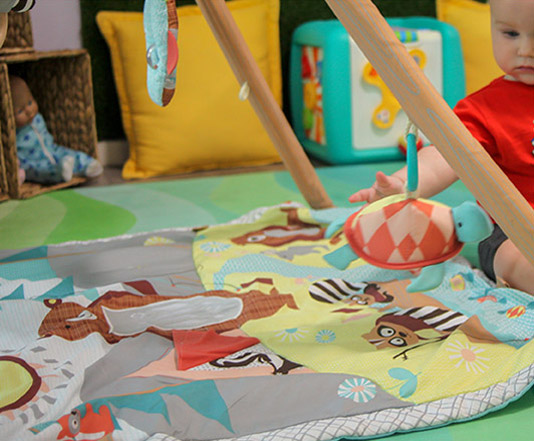 |
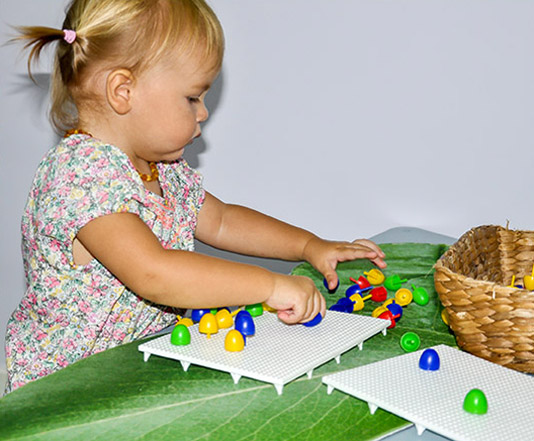 |
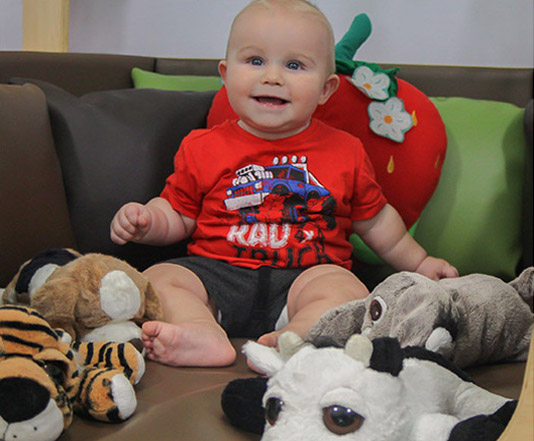 |
EARLY YEARS LEARNING FRAMEWORKAt Bush Babies Nurseries, we are dedicated to providing quality learning experiences for your child which centre around play-based learning and child-led activities. Our educators observe each child and extend on their interests and emerging capabilities, creating a program which will support each individual child. The program includes teacher-initiated activities and opportunities for intentional teaching, so that children are provided with the best possible learning journey whilst they are in our care. The program follows the guidelines set out in Belonging, Being and Becoming: The Early Years Learning Framework, with the aim of extending and enriching children’s learning from birth to five years and through the transition to school. Educators complete Learning Stories and Observations for each child, with Strength Trees and Summative Assessments to document your child’s learning journey as they develop and grow with us through the centre. Each of these Learning Stories or Observations are linked to an element of the Early Years Learning Framework so you can clearly see how your child is developing and in which areas. The key outcomes for the Early Years Learning Framework are as follows:
Educators ensure that children are achieving these learning outcomes by implementing the following practices:
The five Principles of Early Childhood Education and Care guide us as Educators in our approach towards children. If we follow these principles in our practice, then we will guide children to make progress towards the five learning outcomes. The five principles are:
|
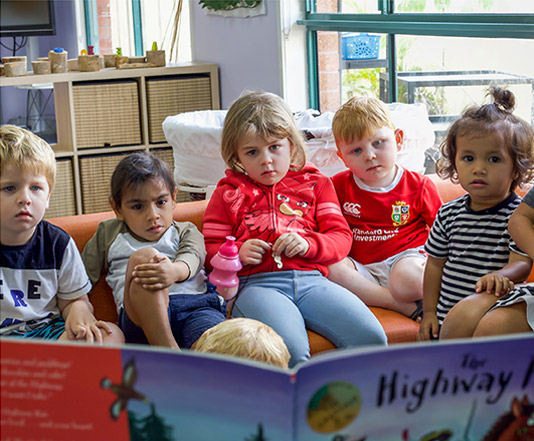 |
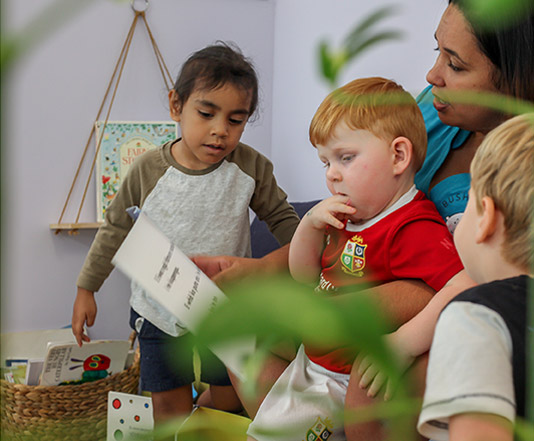 |
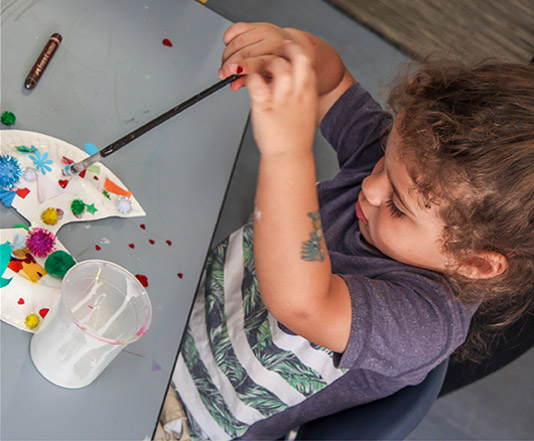 |
KINDERGARTENOur centres operate an approved Queensland Kindergarten program, with a qualified Early Childhood Teacher. The program is based on the Early Years Learning Framework, but is specifically designed to support and enrich the learning of children in the Kindergarten class in the year before they start Prep. As we prepare children for their transition to school, we focus on finessing children’s fine motor skills, literacy and numeracy skills, and we also have a strong focus on emotional resilience and social skills, so children are not only well prepared for Prep, they are also well prepared for life. The program aims to prepare children for their transition to school and the Early Childhood Teacher will work collaboratively with parents and the school, completing transition statements for each child at the end of the year to provide to their new teacher. |
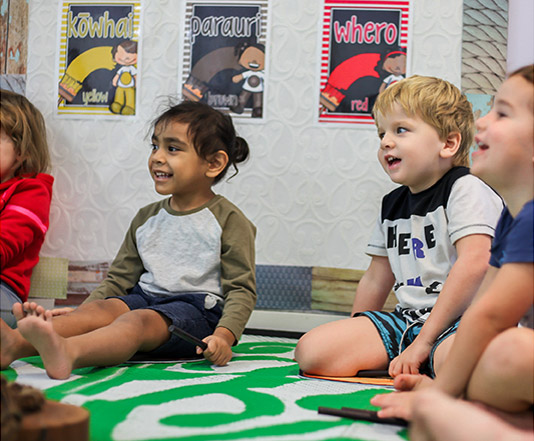 |
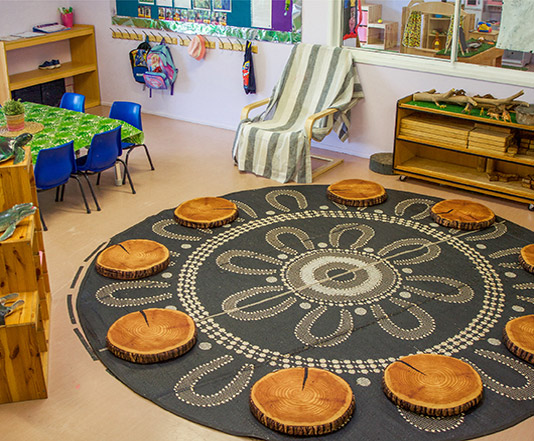 |
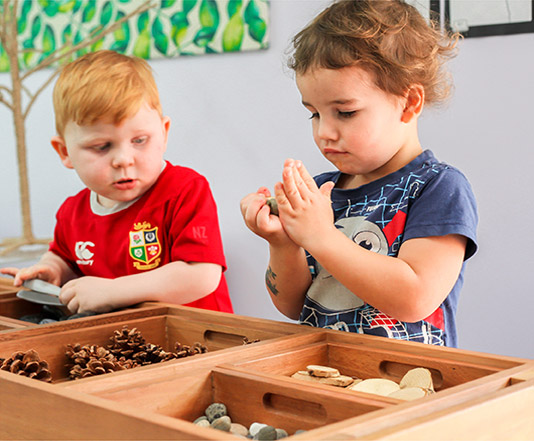 |
NATIONAL QUALITY STANDARDSThe National Quality Framework sets the standards for how child care centres operate in Australia. There are 7 areas and we are required to meet the standards set out in each area to ensure that quality care is being provided. The 7 quality standards are:
|
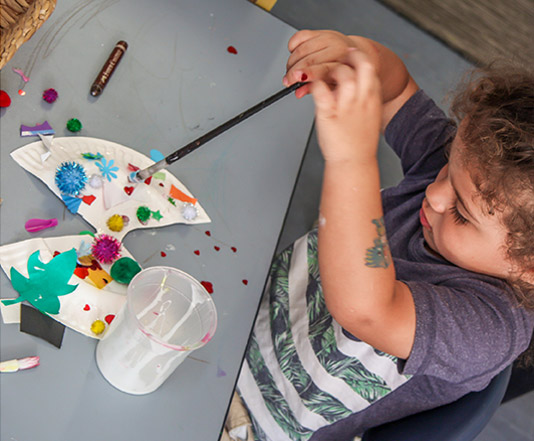 |
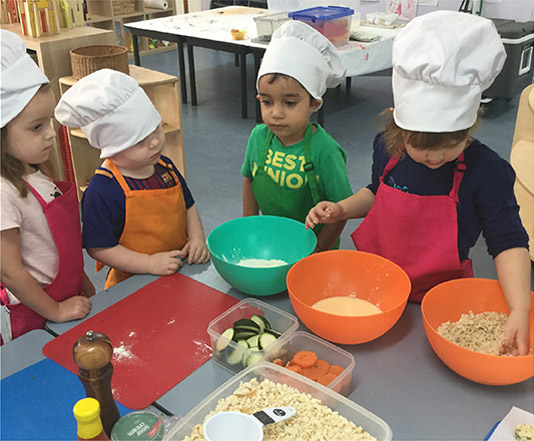 |
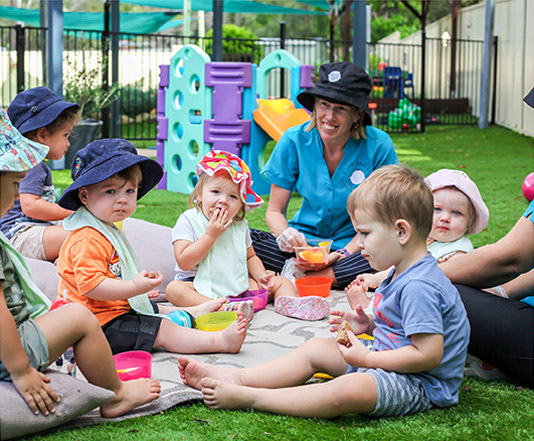 |
EXTRACURRICULAR ACTIVITIESChildren learn best through unique, play-based activities, as these keep them engaged and allow them to develop new skills. To extend on their learning, we provide children with unique learning experiences, by offering extracurricular activities at our centres. Music, sports, yoga and arts are some of the rotating activities we have in place at our centre. |
